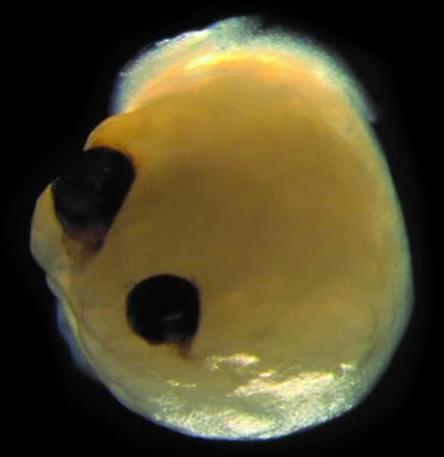Organoids aren’t nearly as complex as their full-sized counterparts, but they’re useful for research — scientists can study organ development, monitor disease progression, and even test new treatments on them.
What’s new: When human embryos are about five weeks old, they develop structures called “optic cups” that will eventually become retinas.
Researchers have grown optic cups in the lab before, and they’ve also grown mini brains. Now, researchers at University Hospital Düsseldorf have grown brain organoids with optic cups.










Comments are closed.